causes symptoms treatment
what is teeth sensitivity?
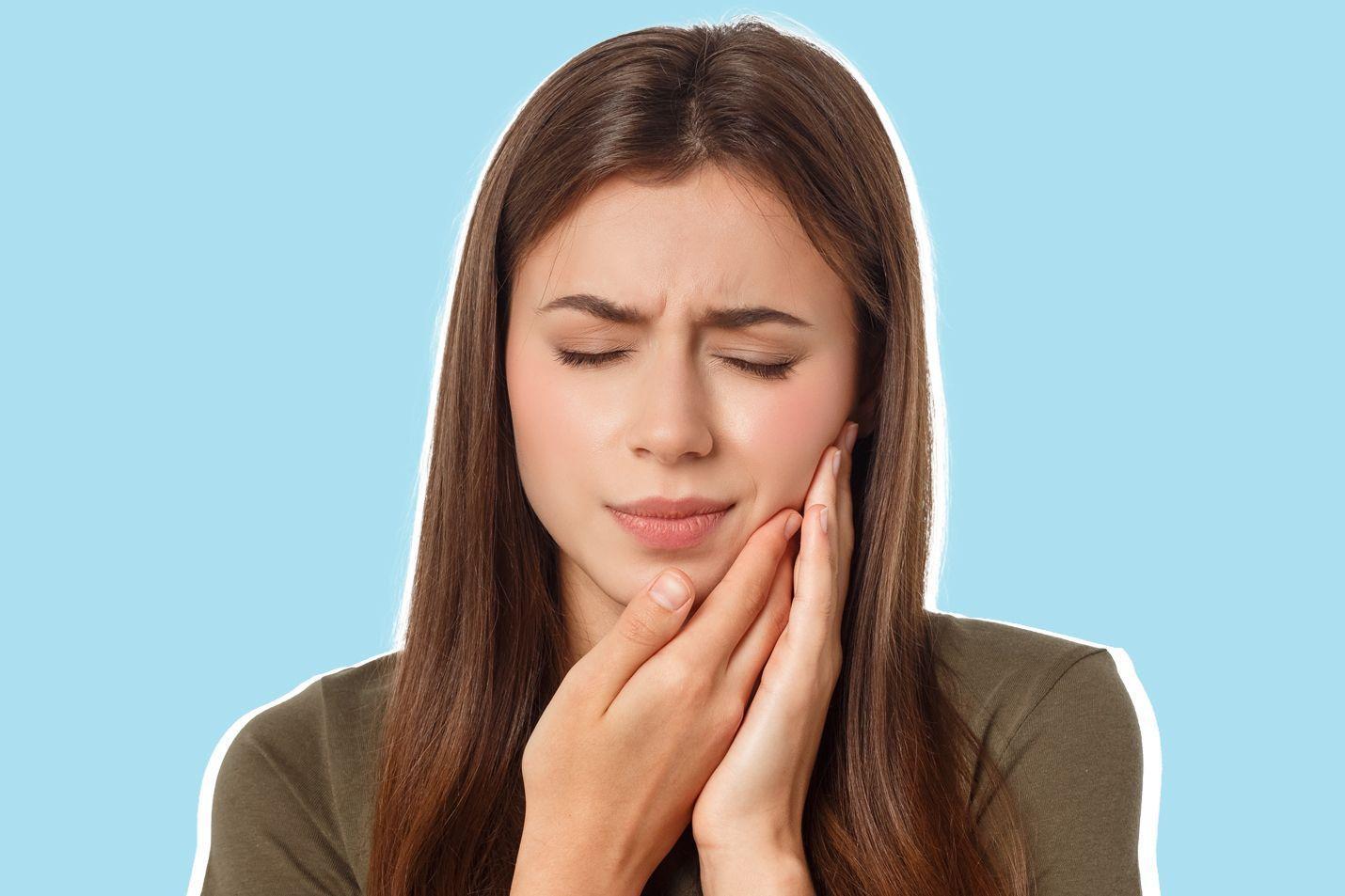
as the name suggests, teeth sensitivity is a condition wherein you feel sharp pain or discomfort in your teeth when you are exposed to something hot or cold, whether it is food or the temperature around you. dental hypersensitivity can be a temporary problem or it can become chronic. when you have sensitive teeth, it might affect a single tooth or multiple teeth. however, to be able to treat this pain, it helps to understand what caused it in the first place. we know it is a response to stimuli, however ‘why’ is what you should need to know.
teeth sensitivity symptoms
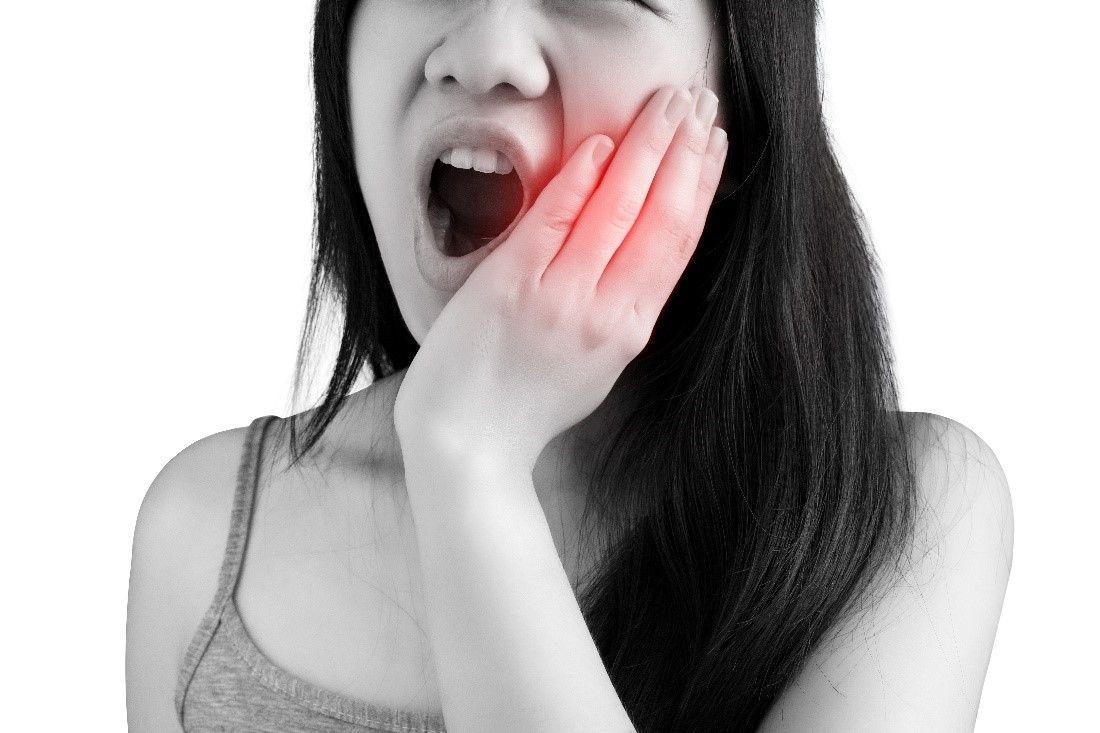
sensitive teeth may make you feel immense pain and discomfort. some of the symptoms of sensitive teeth are:
- reaction to hot or cold food
- sensitivity to variations in the temperature around you
- pain while brushing or flossing your teeth
- reaction to sweet, acidic or alcoholic foods
teeth sensitivity causes
teeth sensitivity can have different causes, however, in most cases, you can treat it by consulting your dentist and following a good oral hygiene regimen. let's take a look at what causes sensitive teeth:
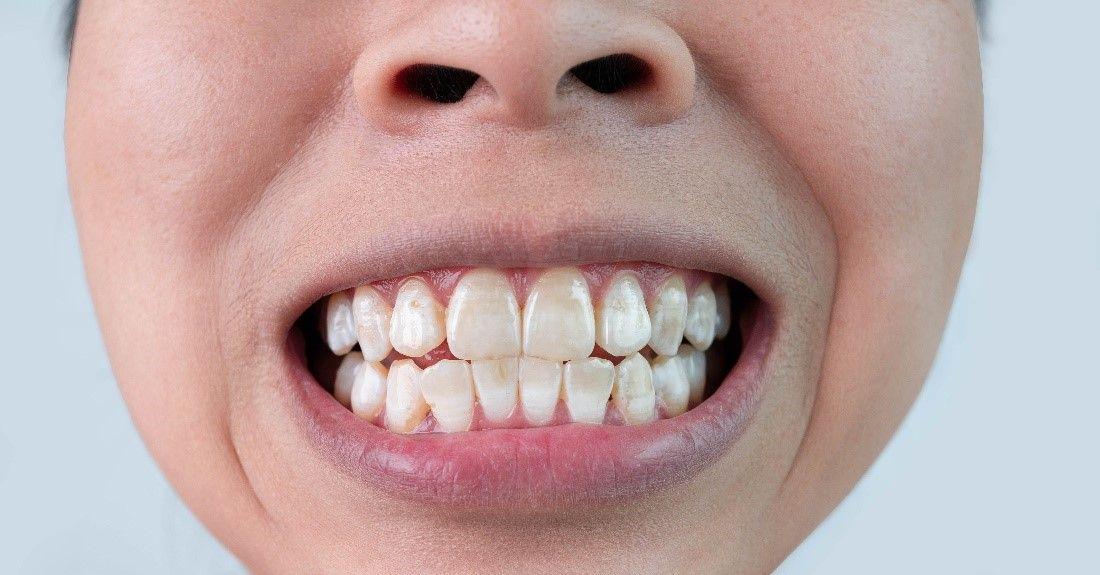
1. thinner tooth enamel
some people are born with sensitive teeth because they have thin enamel. tooth enamel is the outer layer of your teeth that protects them. Even if you do not have a thin enamel, it can become thinner if you:
- brushing too hard
- grind your teeth often (usually while asleep)
- use a toothbrush with hard bristles
- consume a higher quantity of acidic food or beverages

2. gastroesophageal reflux
gastroesophageal reflux or GERD is a condition where the acid from your stomach travels to your oesophagus. this is commonly known as acid reflux and this can wear down your tooth enamel over time.

3. gum recession
recession of gums happens when your gums start receding or pulling back from your tooth surface. this leads to the roots of your teeth being exposed. this may lead to tooth sensitivity and also tooth loss.
4. tooth decay, chipped teeth or cracked teeth
cavities or tooth decay is when there is a hole in your teeth. this is one of the most common teeth sensitivity reasons. poor oral hygiene can lead to tooth decay which in turn can make your teeth sensitive. chipped or cracked teeth can also make your teeth sensitive.
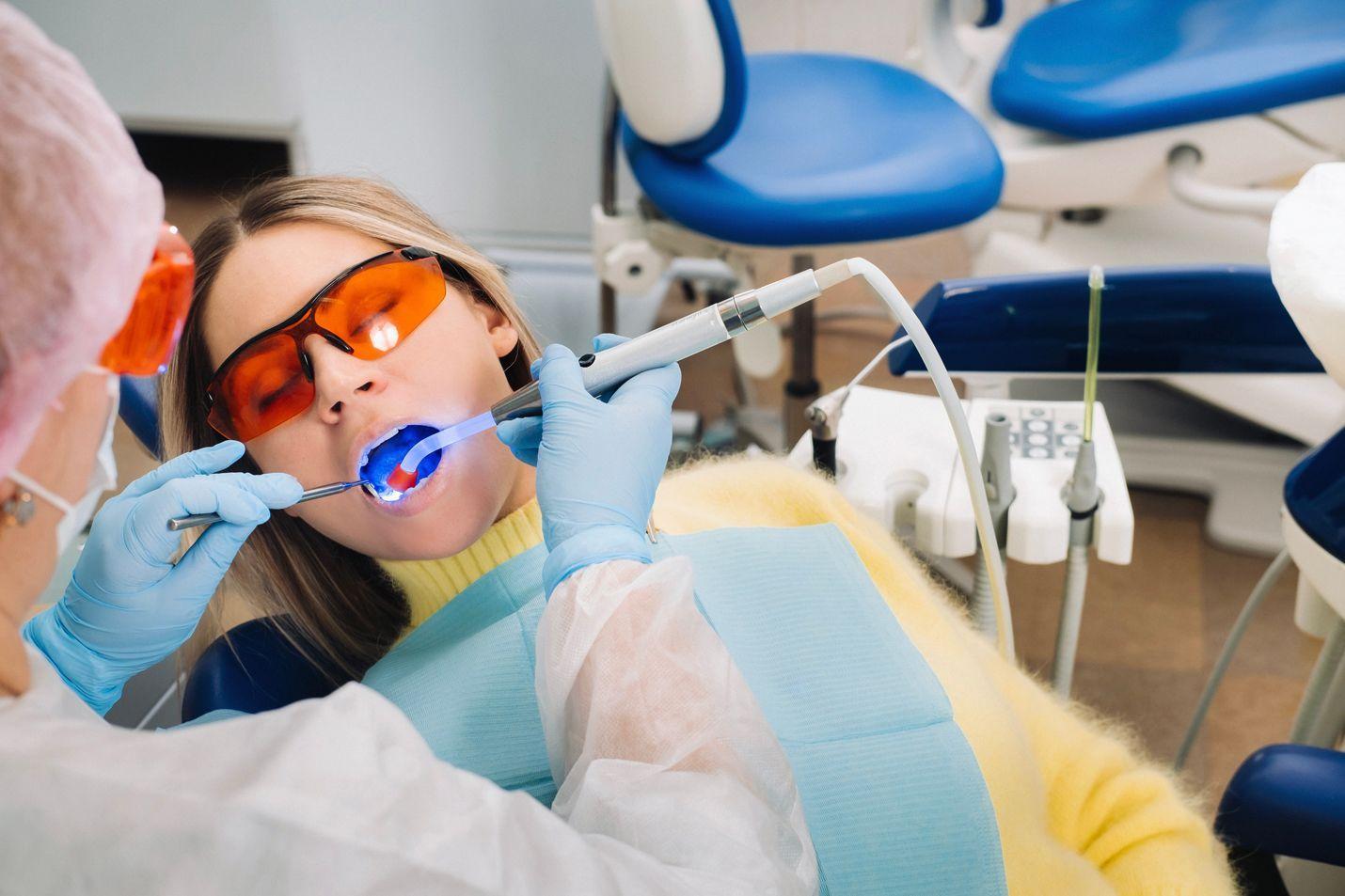
5. dental treatments
as mentioned above, cavities can lead to teeth sensitivity too. treatments for cavities include root canals, tooth fillings, getting a crown, etc. These dental treatments can also make your teeth sensitive. however, in these cases, only your specific tooth where the treatment is performed may feel sensitive.
what to eat/avoid with teeth sensitivity?
foods to avoid If you have teeth sensitivity:
- candies
- ice Cream
- coffee
- soda
- alcoholic Beverages
- citrus Fruits
foods you can eat with sensitive teeth
dairy products such as cheese, paneer, yoghurt
leafy vegetables
dry nuts
best treatment options for teeth sensitivity
if you are going through dental pain, then it is important you pay a visit to your dentist. if they diagnose the underlying issue as teeth sensitivity then they might recommend the following teeth sensitivity treatments:
- using the kinds of toothpaste made specifically for sensitive teeth
- using alcohol-free mouth rinses
- fillings to cover exposed roots
- fluoride gel applied to the affected tooth
- wearing a mouth guard to protect your teeth from grinding
one of the simplest changes you can make to your oral hygiene is to brush twice a day and also start flossing. make sure to use a toothbrush with soft bristles and use gentle strokes to brush your teeth. You can check out makeO toothsi’s electric toothbrushes that come with a SONIC power of 22000 strokes/min, giving you a deep cleaning and also letting you know when to switch sides with their smart timer. you can also take care while consuming certain foods such as carbonated drinks. you can make use of straws to limit the contact of such drinks with your teeth. last but not the least, your oral health reflects your overall health, hence make sure you follow a perfect oral care regimen in your daily routine. if you are also looking out for teeth correction options then makeO toothsi aligners are your best bet. these clear aligners help you treat teeth issues such as crooked teeth, crossbite, teeth gaps, deep bites and much more. choose makeO toothsi invisible aligners and get a smile
how can i reduce my tooth sensitivity?

to reduce tooth sensitivity, your dentist might recommend you to brush twice a day using a soft bristles brush, floss daily and use toothpaste that contains fluoride.
how can I treat sensitive teeth naturally?

if your teeth sensitivity is not severe, then you can try the below natural methods to get some relief from the pain and also prevent sensitivity.
- saltwater rinse
- green tea as a mouthwash twice a day
- cold compress
- placing a piece of garlic or onion on the affected tooth
- consult your dentist and switch to a sensitive toothpaste
how long can tooth sensitivity last?
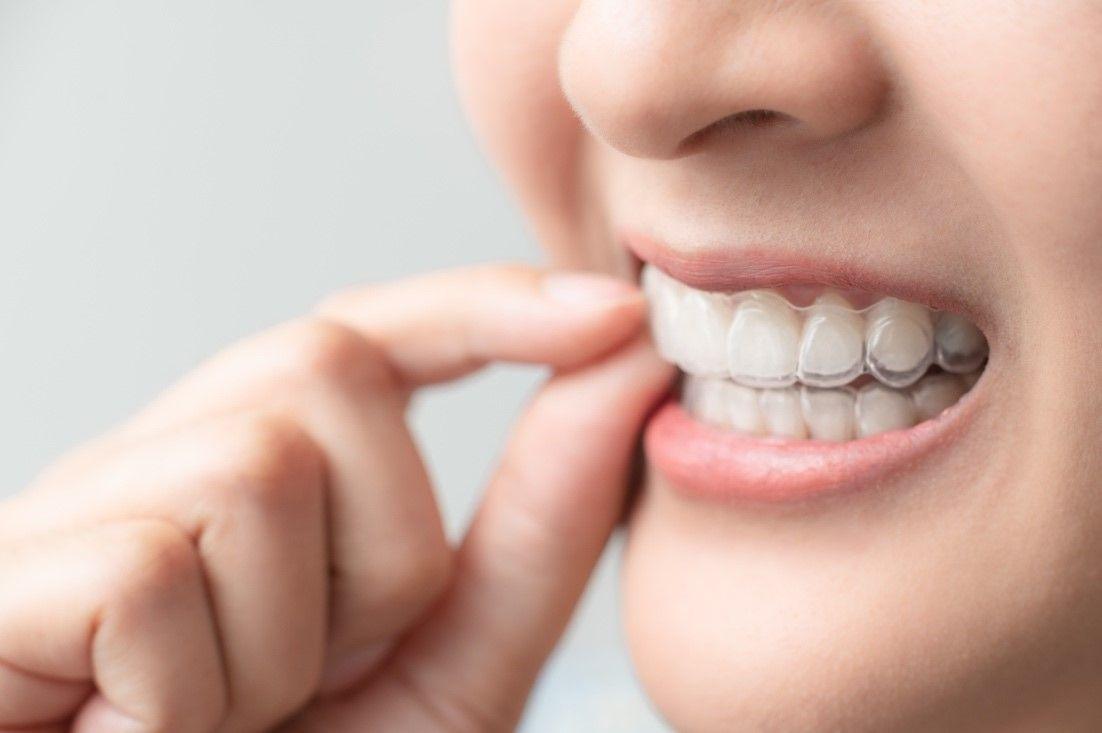
if your tooth sensitivity is due to dental procedures, it is temporary and will go away in a few days. however, if it is due to an underlying dental issue then the sensitivity may be recurring and the pain can last longer. it is imperative that you visit your dentist.
can tooth sensitivity come and go?
yes. It is highly likely that your teeth may feel sensitive sometimes and then they do not. teeth sensitivity happens when you have weak tooth enamel, gum recession or other such dental issues. Hence, it is important to maintain good oral hygiene.
faqs
why are my teeth sensitive all of a sudden?
your teeth can feel sensitive all of a sudden due to the following reasons:
- tooth decay
- crooked teeth
- worn teeth enamel
- gum recession or gum disease
how can I reduce my tooth sensitivity?
to reduce tooth sensitivity, your dentist might recommend you to brush twice a day using a soft bristles brush, floss daily and use toothpaste that contains fluoride.
how can I treat sensitive teeth naturally?
if your teeth sensitivity is not severe, then you can try the below natural methods to get some relief from the pain and also prevent sensitivity.
- saltwater rinse
- green tea as a mouthwash twice a day
- cold compress
- placing a piece of garlic or onion on the affected tooth
- consult your dentist and switch to a sensitive toothpaste
how long can tooth sensitivity last?
if your tooth sensitivity is due to dental procedures, it is temporary and will go away in a few days. however, if it is due to an underlying dental issue then the sensitivity may be recurring and the pain can last longer. It is imperative that you visit your dentist.
can tooth sensitivity come and go?
yes. It is highly likely that your teeth may feel sensitive sometimes and then they do not. teeth sensitivity happens when you have weak tooth enamel, gum recession or other such dental issues. hence, it is important to maintain good oral hygiene.